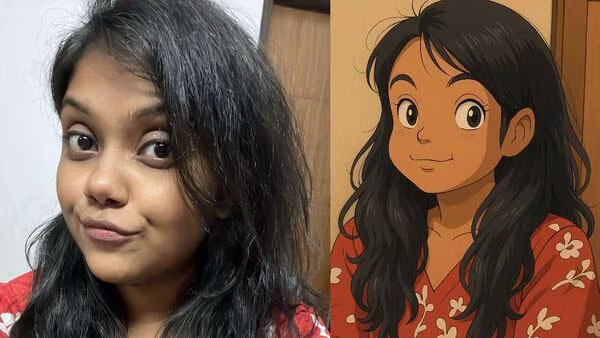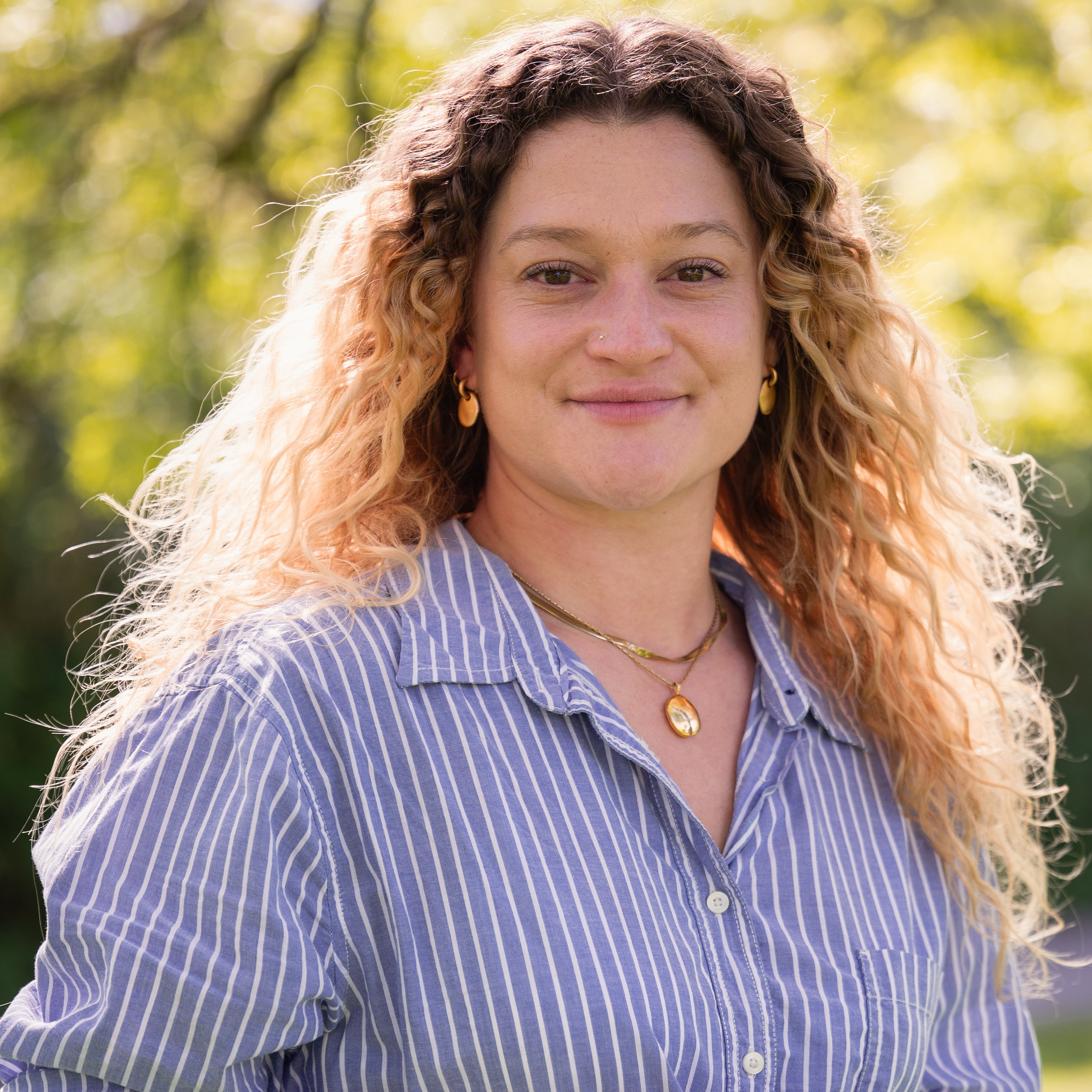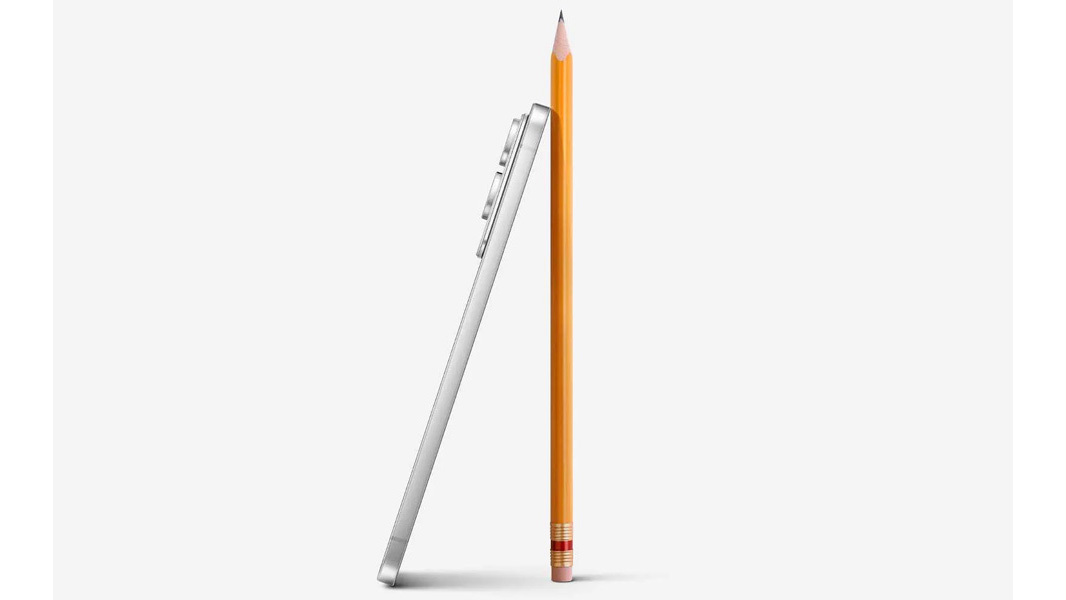The AI-generated Studio Ghibli photo trend is taking the internet by storm – but experts warn of data and privacy risks
Turning your favorite photographs into Studio Ghibli-style images using AI is all the rage, but you could be allowing AI platforms to harvest your images for free

The internet is a fickle thing, with every week bringing a new trend. The latest online obsession comes in the form of turning your photographs into Studio Ghibli-inspired cartoons.
From movie stars to politicians, everyone wants to ‘Ghiblify’ their photographs. The trend is spreading like wildfire across social media, prompting OpenAI CEO Sam Altman to slow down as his team needs to sleep!
For those unfamiliar, Studio Ghibli is a beloved Japanese animation studio founded in 1985 by Hayao Miyazaki, Isao Takahata and Toshio Suzuki. It has produced such films as Princess Mononoke, Howl’s Moving Castle and Spirited Away – which for 19 years was the highest-grossing film in Japanese history, with a $396 million / £306 million / AU$631 million worldwide box office.
The trend was predominantly created by Greg Slatton, a software engineer from Seattle, who unknowingly helped fuel the craze, the Economic Times reported. Open AI introduced new image generation tools, and Slatton decided to experiment.
Sharing a Studio Ghibli-style AI-generated photo of his family and dog at the beach on X, formerly Twitter, he captioned the image “tremendous alpha right now in sending your wife photos of y’all converted into a Studio Ghibli anime.”
tremendous alpha right now in sending your wife photos of yall converted to studio ghibli anime pic.twitter.com/FROszdFSfNMarch 25, 2025
Clearly striking a chord with users, the post had 42,000 likes and almost 27 million views, triggering the viral trend. While Slatton wasn’t the first person to use the tool, his viral post gave the trend its biggest boost yet, turning it into a global sensation.
Selfies, family portraits and even historical paintings are now getting the Ghibli treatment online using OpenAI, ChatGPT and Grok 3. However, Mint has reported that some experts are worried about data and personal privacy.
Get the Digital Camera World Newsletter
The best camera deals, reviews, product advice, and unmissable photography news, direct to your inbox!
Privacy experts have reportedly warned that the AI platforms might use the huge amounts of uploaded images to train their AI models, using fresh facial data that has been uploaded voluntarily.
“As users flock to the platform to upload their photos, the company is bypassing legal restrictions applied for websites that prohibit web-scraped data,” Mint reported.
Notably, ChatGPT is legally bound by the European Union’s General Data Protection Regulation (GDPR) that requires companies to justify scraping images online as “legitimate interest.” This means that it needs to prove the scraping is necessary, and steps have been taken to ensure that users’ privacy is safeguarded and transparency is ensured.
In a thread on X, a cyber security-dedicated account called Himachal Cyber Warriors warned people to “think before you Ghibli”, adding that the “cute Ghibli-style selfie might cost more than you think”.
AI Tech Privacy co-founder Luiza Jarovsky also warned about AI image generators being used to collect more personal data on a thread on X, adding that they can also be used to forge and create fake documents and showed an example she made using ChatGPT.
⚠️ Think before you #Ghibli ⚠️That cute “Ghibli-style” selfie? It might cost more than you think.🔎 Your photo could be misused or manipulated.🧑💻 AI may train on it without your consent.💰 Data brokers might sell it for targeted ads.Stay cyber smart. Your privacy matters.… pic.twitter.com/aEjT3sHtTNMarch 29, 2025
🚨 AI-generated FORGERY will make existing systems of trust, identification, and authentication collapse, and society is not ready for that. We must act quickly and proactively; here's why:Open AI's upgraded AI image generator isn't only for creating controversial Ghibli-style… pic.twitter.com/WCjzZ5tIT2March 31, 2025
“Because it can accurately insert user-generated text into images and follow a sequence of prompts while preserving continuity, people have started creating fake receipts with it,” she wrote.
“Below is an example I created myself with a few prompts, showing an AI-generated fake restaurant bill. With additional prompts, I could make it even more realistic. It would look like a typical photo taken to request a reimbursement.
“OpenAI's and similar advanced AI image generators make it extremely easy, cheap, and accessible to create fake evidence. Anyone with bad intentions will be able to create them in a matter of minutes and at almost zero cost, increasing the incentives for malicious parties to expand and upgrade the quality of their scams.”
You may also like…
If you're not interested in the best AI image generators, and want to take people pics the old-fashioned way, check out the best cameras for portraits and the best portrait lenses.

After graduating from Cardiff University with an Master's Degree in Journalism, Media and Communications Leonie developed a love of photography after taking a year out to travel around the world.
While visiting countries such as Mongolia, Kazakhstan, Bangladesh and Ukraine with her trusty Nikon, Leonie learned how to capture the beauty of these inspiring places, and her photography has accompanied her various freelance travel features.
As well as travel photography Leonie also has a passion for wildlife photography both in the UK and abroad.
You must confirm your public display name before commenting
Please logout and then login again, you will then be prompted to enter your display name.
